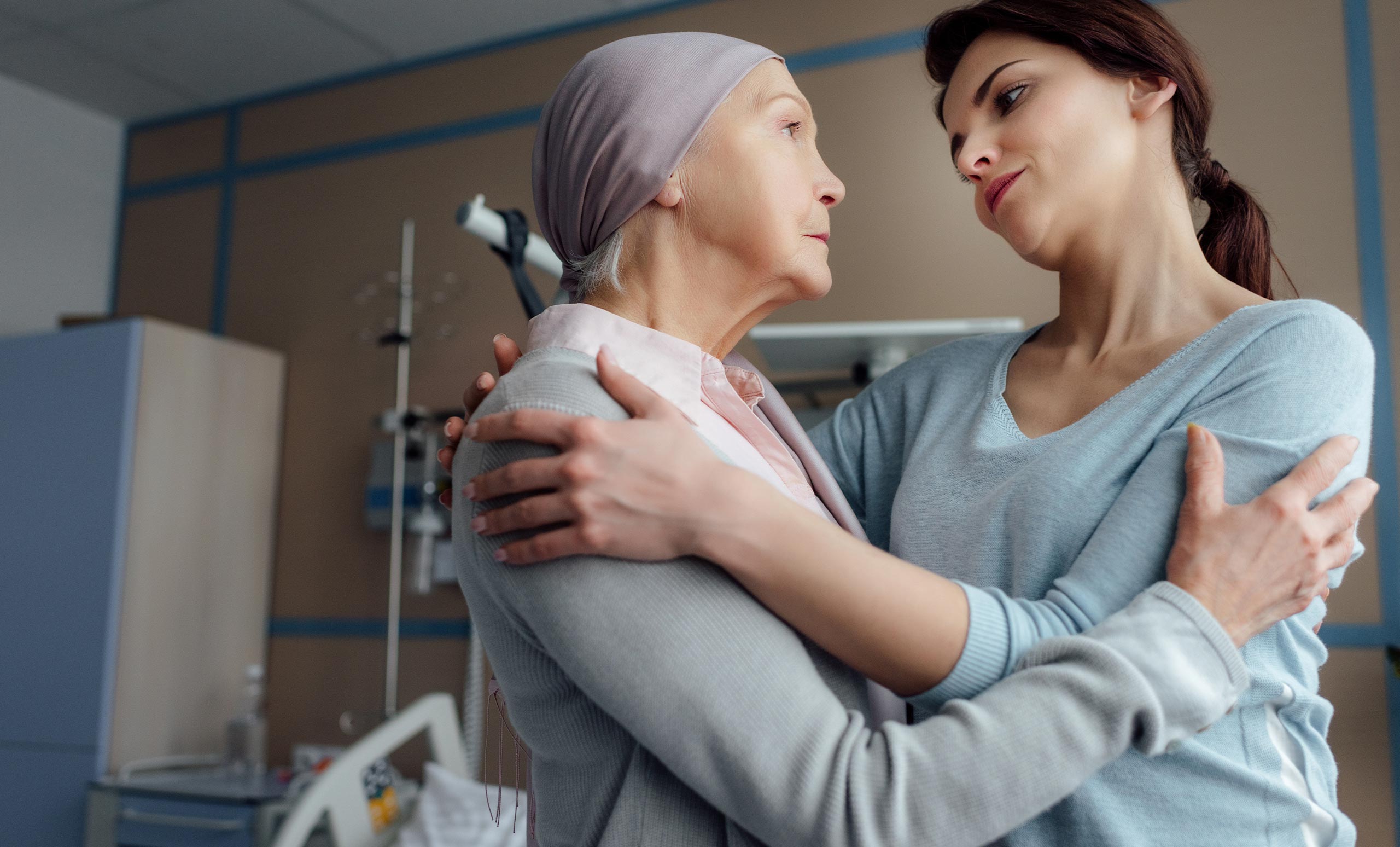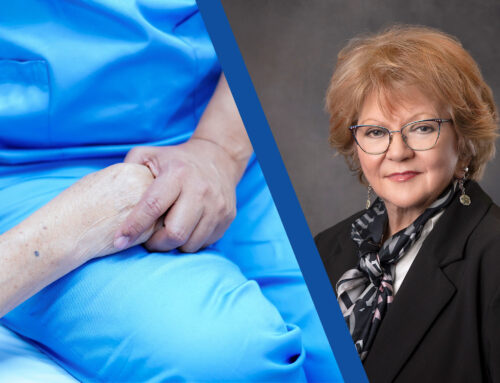Facing the reality of end-stage cancer as a patient is a complex and emotional journey. However, with the proper support and understanding, this chapter can be approached with compassion, dignity, and a focus on enhancing the quality of the time remaining for both the patient and their caregivers.
Hearing the news
Learning that you are in the final stages of cancer is a stirring earthquake, shaking the core of your existence. It is a moment that can range from shock and denial to fear and sadness. It is crucial to remember that your reactions are unique and valid. Your age, family situation, cultural background, and spiritual beliefs shape your response to this news.
Acknowledging the reality of dying from cancer can be incredibly difficult. It is a moment to seek support from loved ones, medical professionals, and perhaps even spiritual advisors. Many find solace in sharing their feelings, fears, and hopes during this time.
The choice for hospice care
As a cancer patient in the final stages, exploring hospice care is a significant decision. Hospice focuses on providing comfort, pain management, and emotional support, allowing you to spend your last days in a setting that prioritizes your well-being. It is not about giving up but enhancing the quality of the time you have left.
Hospice care can be administered at home if that is what you prefer and need. A compassionate team of healthcare professionals in hospice care will endure to make your final steps as comfortable and dignified as possible.
Symptoms at end of life
The final stages of cancer often come with specific symptoms. Understanding and managing these symptoms can significantly improve your quality of life. Common symptoms may include pain, fatigue, nausea, and shortness of breath. A comprehensive plan for symptom management, in collaboration with your hospice and caregiving team, can help alleviate discomfort and enhance your overall well-being.
Ensuring peace of mind
Amid all the emotional aspects of dying from cancer, practical considerations come into play. Addressing paperwork and end-of-life arrangements can provide a sense of control and ensure peace of mind for you and your loved ones.
Taking the time to organize legal and financial matters, discussing preferences for funeral arrangements, and clarifying healthcare directives can alleviate stress during an already challenging time. This step is a thoughtful way to ease the load on caregivers and ensure your wishes are honored.

A tender transition
Saying goodbye is an essential part of the dying process. It is an opportunity to express love, gratitude, and final words of wisdom. This moment is personal and unique to each individual. Whether through spoken words, letters, or shared moments of silence, saying goodbye allows for a delicate transition for both the person facing the end of life and their loved ones.
The perspective of the caregiver
For caregivers, supporting a loved one with end-stage cancer is a challenging yet profoundly meaningful role. It represents a total involvement with the patient’s emotional needs, offering comfort and promoting an environment of love and understanding. Caregivers may also benefit from a support network to go through the emotional toll of accompanying someone through their final days.
Remember, both patients and caregivers are not alone on this journey. Seeking support from healthcare professionals, hospice teams, and counseling services can provide invaluable assistance during this emotionally charged time.
How to cope with dying: a personal journey
Coping with the reality of end-stage cancer is a personal journey. It involves embracing your emotions, seeking support, and finding meaning in the moments you have left. Whether through spiritual practices, counseling, or connecting with support groups, finding avenues for emotional expression can be a profound part of this process.
At Ascend Hospice Care, we create a holistic approach that combines effective communication, active listening, and compassionate caregiving to provide the support necessary to enhance the quality of life during this challenging phase.






